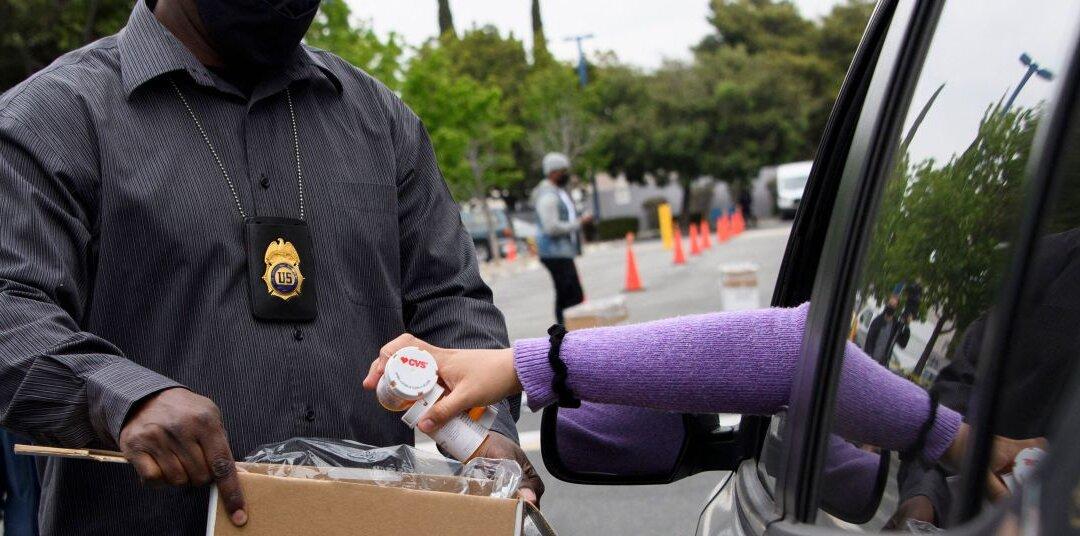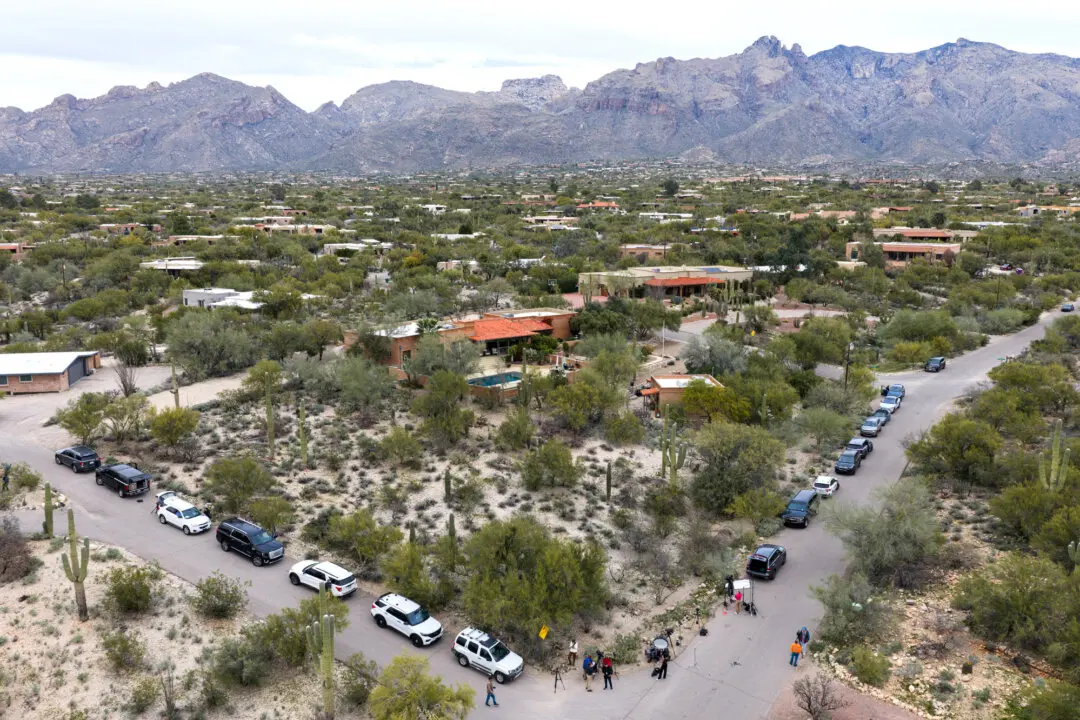The U.S. Drug Enforcement Administration (DEA) issued a warning Monday about a nationwide increase in fentanyl containing a tranquilizer that can lead to amputation and has caused a spike in fatal overdoses.
The agency said that it discovered fentanyl mixed with xylazine, sometimes called “tranq,” in 48 out of 50 states last year. It said that in 2022, 23 percent of fentanyl powder—itself a highly addictive substance that has caused a surge in overdoses in recent years—contained xylazine, while 7 percent of fentanyl pills contained the tranquilizer.





